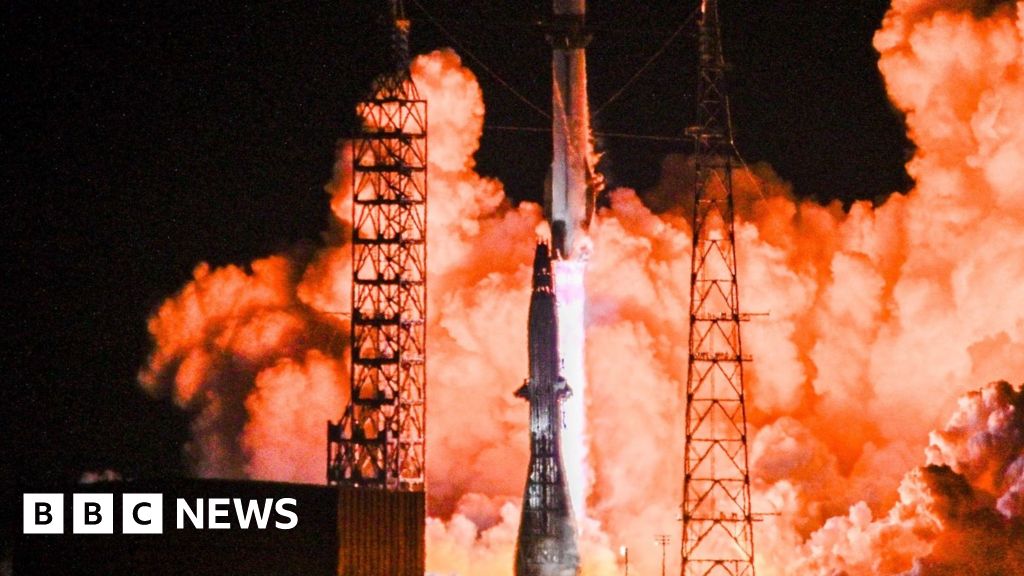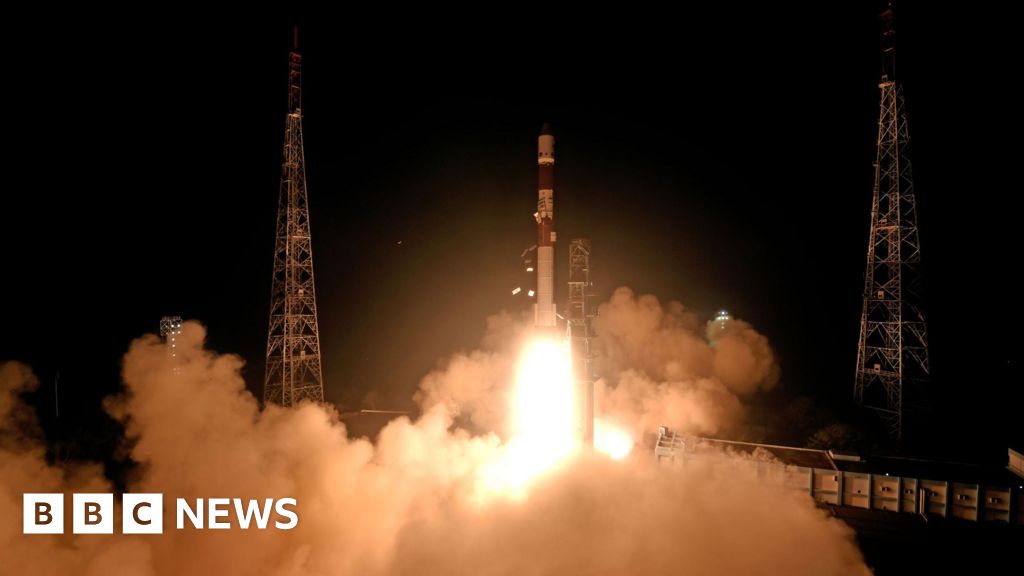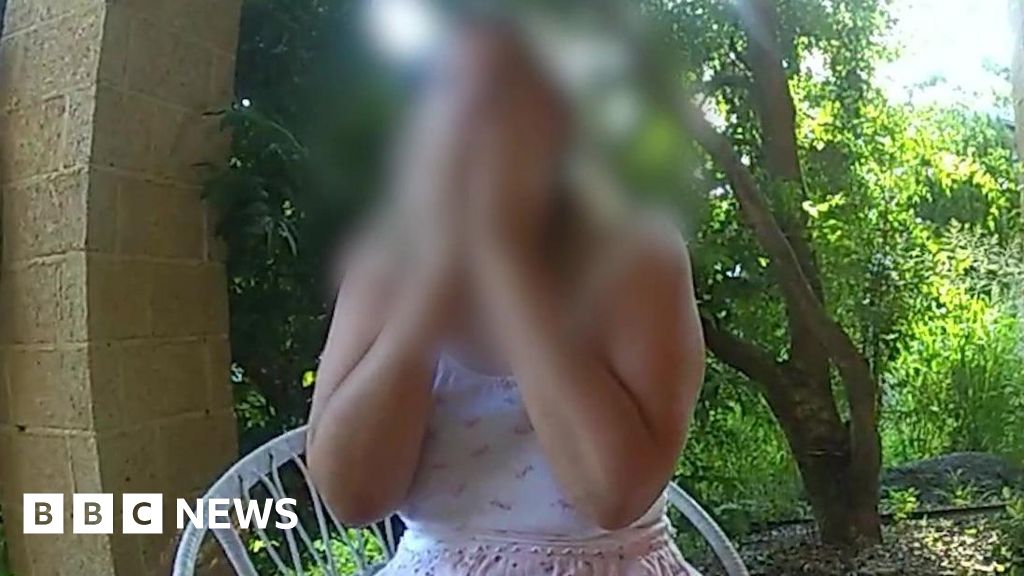ARTICLE AD BOX
Canadian Prime Minister Justin Trudeau could announce his resignation within days, according to media reports.
He is considering stepping down as leader of the governing Liberal Party, which would also bring to an end his nine years as prime minister.
It follows months of pressure from his own MPs. Last month, his finance minister quit, citing disagreements on how to deal with Donald Trump's threat to levy US tariffs on Canadian goods.
Opinion polls suggest Trudeau's Liberal Party trails well behind the Conservatives with a general election looming some time this year.
The Globe and Mail reports that he could announce his intention to quit before he meets his party caucus on Wednesday, to avoid the perception that his own MPs forced him out.
Their sources said it was unclear whether Trudeau would leave immediately or stay on as prime minister until a new leader was selected.
And they stressed he had yet to make a final decision on his future.
Whoever takes over will have to lead the party through an election campaign while also navigating a possible trade war with the US.
The election must take place before October, but a change in leadership of the Liberal Party could increase calls for a snap vote in the coming months.
- Faced with turmoil, a defiant Trudeau hangs on - for now
- Four paths Trudeau can take as political crisis deepens
Trudeau's departure would bring to an end a defining era in Canadian politics.
He unexpectedly swept his party to power in 2015, winning a campaign that began with them in third place.
The fresh-faced young leader, aged 43 back then, promised a new kind of politics centred on an open immigration policy, increased taxes on the wealthy and battling climate change.
But his first term was dogged by scandals. In more recent years, he had been battling sinking popularity as frustration grew with the cost of living and his own style of governing.
More than a dozen of his own MPs have called for him to step down, while polls suggest two-thirds of voters disapprove of him.
Just 26% of respondents in a September Ipsos said Trudeau was their top pick for prime minister, putting him 19 points behind Conservative leader Pierre Poilievre.
History is also not on Trudeau's side, with only two prime ministers ever serving four consecutive terms.
Poilievre rose to the top of his party in 2022 on a promise to reduce taxes, tackle inflation and protect individual liberties.
The 45-year-old also rallied support behind the Freedom Convoy truckers protesting about Covid mandates - a blockade that brought Canadian cities including Ottawa to a standstill.
Canada's next prime minister will have to address the threat of tariffs from incoming US President Donald Trump.
He has vowed to impose a 25% tariff on Canadian goods if the country does not secure its shared border to the flow of irregular migrants and illegal drugs.
The "grave challenge" this posed was referred to in the resignation letter of Finance Minister Chrystia Freeland, who quit hours before she was due to deliver her annual budget.
Trudeau had informed her he no longer wanted her to be his government's top economic adviser.

 1 week ago
5
1 week ago
5








 English (US) ·
English (US) ·